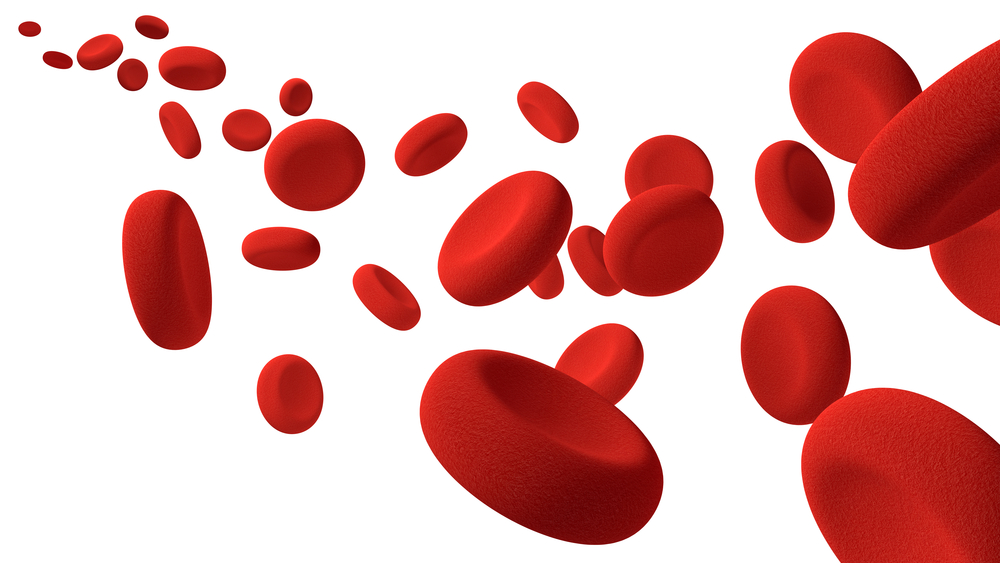Cardiorespiratory Function of Friedreich’s Ataxia Patients Not Impacted by Epoetin-alfa Treatment

In the largest clinical trial to date, researchers observed that treatment of the alpha form of erythropoietin protein did not benefit Friedreich’s ataxia (FA) patients.
The study, “Long-Term Effect of Epoetin Alfa on Clinical and Biochemical Markers in Friedreich Ataxia,” was published in the Movement Disorders journal.
Erythropoietin is a glycoprotein synthesized by the kidney that regulates erythropoiesis, the process by which red blood cells are produced. This protein has been previously reported to increase the levels of frataxin in the peripheral blood mononuclear cells (PBMCs) of FA patients, with several clinical trials testing its effects but yielding conflicting results.
Researchers designed a double-blind, placebo-controlled, multicenter trial to test the efficacy of the alpha form of erythropoietin in FA patients. The team recruited 56 FA patients who were treated either with erythropoietin or a placebo, administered subcutaneously at a dose of 1,200 IU/Kg of body weight every 12 weeks for 48 weeks.
After randomization, a total of 27 patients in the erythropoietin group and 26 patients in the placebo group completed the study. The trial’s primary endpoint was the effect of epoetin alfa on peak oxygen uptake (VO2 max) at the cardiopulmonary exercise test, while secondary endpoints included frataxin levels in peripheral blood mononuclear cells, improvement in echocardiography findings, vascular reactivity, neurological progression, upper limb dexterity, safety, and quality of life.
After 48 weeks of treatment with epoetin alfa, there was no significant difference in the primary endpoint of the study, as well as no major differences in most secondary endpoints.
“Although results are not in favor of an effect of epoetin alfa in Friedreich’s ataxia, this is the largest trial testing its effect. It is still possible that epoetin alfa may show some symptomatic effect on upper-limb performance. This study provides class I evidence that erythropoietin does not ameliorate VO2 max in patients with Friedreich ataxia,” the authors concluded in the study.
University of Texas (UT) Southwestern Medical Center researchers have identified RNA and DNA synthetic agents that increase frataxin levels and alleviate Friedreich’s ataxia, suggesting that synthetic nucleic acids that target the specific disease-causing mutation can be lead compounds for FA therapy. The research paper, “Activating frataxin expression by repeat-targeted nucleic acids,” was published in Nature Communications.






